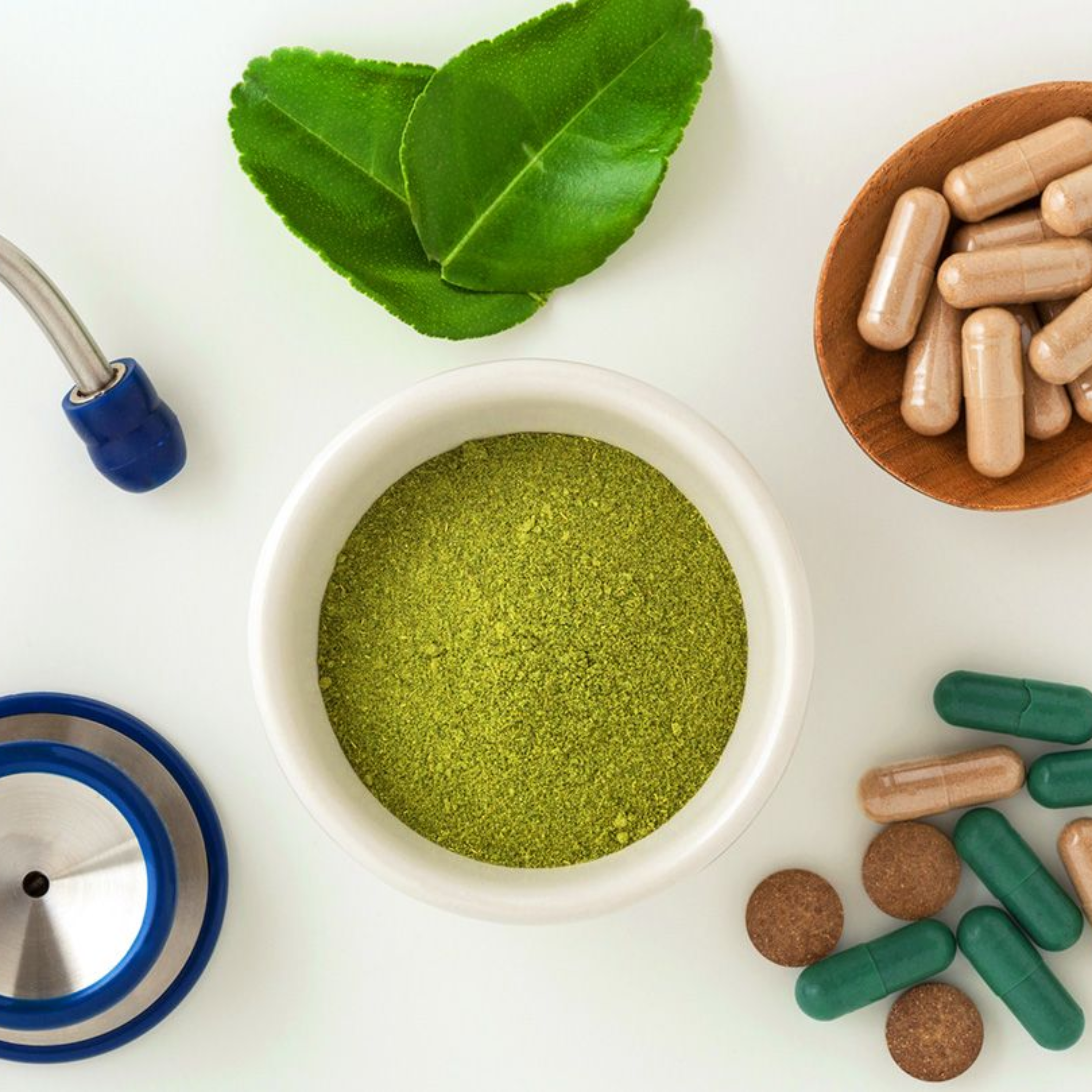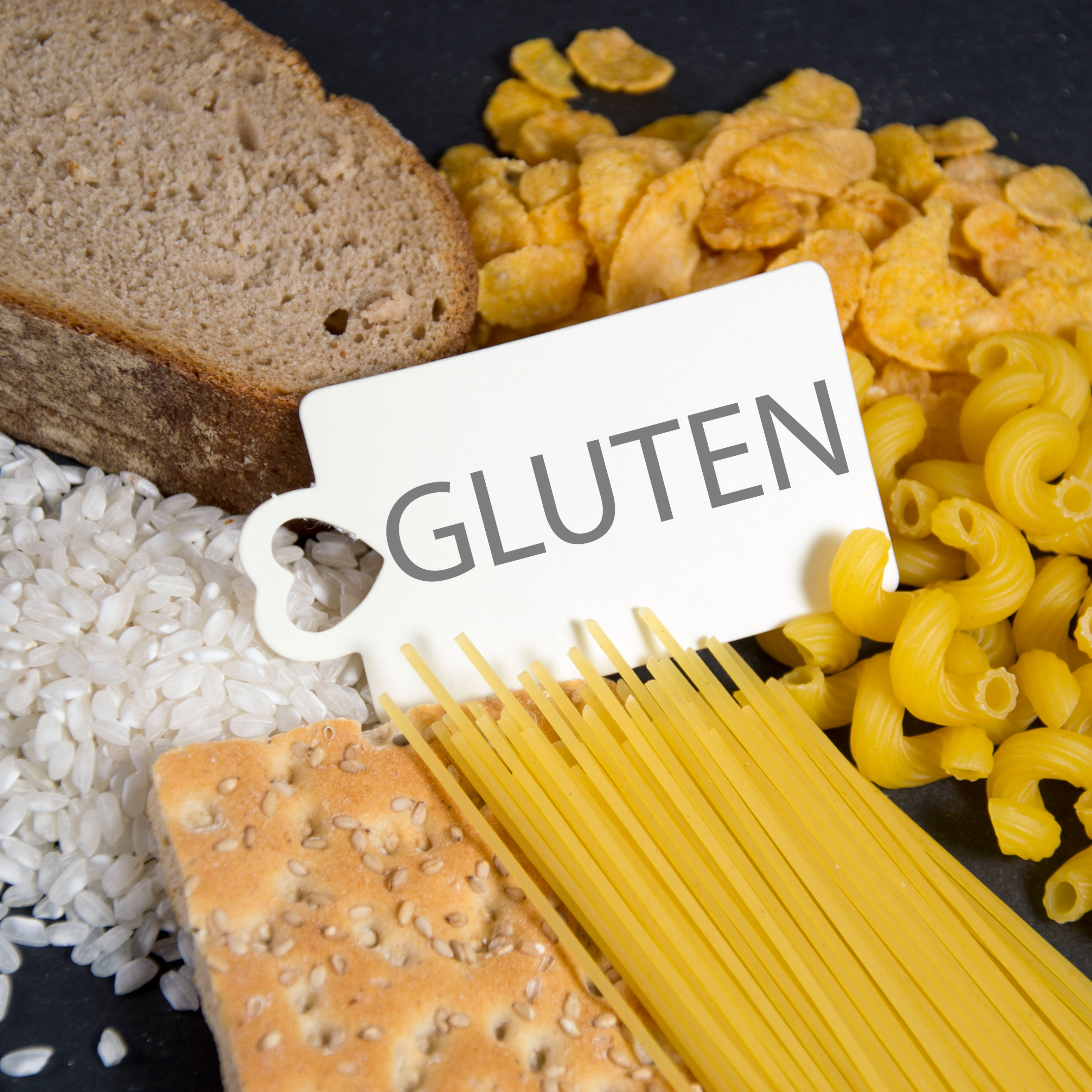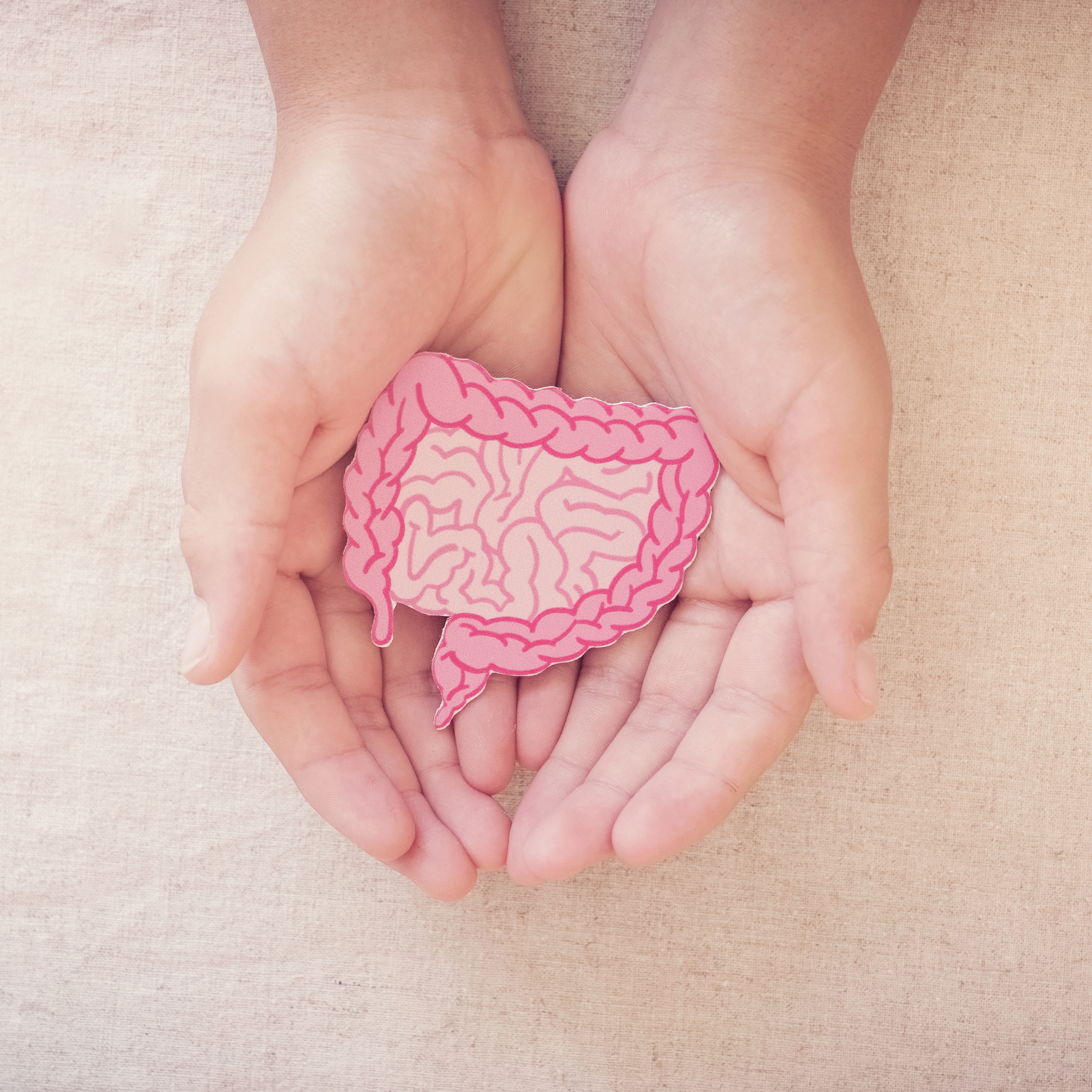
Should You Eat Gluten?
Everyone loves gluten (including myself). How can you not like the pastries, pasta, bread and desserts?
The problem is that gluten can have an accumulative effect leading to inflammation in the body over time.
That does not mean you can never touch gluten again because I don’t have an issue with people having it as part of their weekly “cheat” meal!
Unfortunately though, many people can’t even do this once a week because they get a reaction. They start experiencing symptoms such as migraines, joint pain, and skin issues up to three days later!
The good news is that I’ve had many clients that were sensitive to gluten (even with celiac disease) that were able to occasionally enjoy gluten after healing their gut, more specifically leaky gut!
WHAT IS GLUTEN?
Gluten is a protein and it is found in wheat products and many foods including breads, chapattis, cereals, biscuits, crackers, soy sauce (unless GF).
It can also be hidden in other foods through cross-contamination which is when a gluten-free food is exposed to a gluten-containing ingredient and so can trigger reactions in some people.
HOW GLUTEN AFFECTS THE BODY:
1. A common food sensitivity
There are many people that eat gluten thinking they don’t have a sensitivity when in reality they do. The reason is that the level of inflammation caused is very low so no significant changes are noticed. It could be shown as just some water retention or maybe some bloating or maybe even a headache the next day.
The inflammatory reaction could either be from an igG or igE perspective. The former involves an immediate reaction after eating a specific food and the latter can take up to three days to show! This means that you can eat gluten on a Monday and then get a headache on Wednesday for example!
This can happen with any food and that is why I recommend a food sensitivity test for everyone because it is very hard to pinpoint what foods can cause inflammation.
However, bear in mind that not all igG food sensitivities tests are trustworthy as I’ve seen many that do not provide accurate results.
If you run a food sensitivity test, add in all foods that you’d like to test beforehand and have each of those foods 1-2 times minimum for 2-3 days before testing. For example, you could do a “breakfast sandwich” each morning for two days and this will cover gluten, eggs, and dairy (cheese).
2. Modern gluten is different
The problem is that nowadays the gluten we consume is very different to the one our ancestors did hundreds of years ago. Everything has changed, from the way we grow it to the way we process it and to the way we eat it.
Gluten is much stickier now than it was in the past because it is better for making processed foods such as bread and pastries.
It was also said many times in the bible for example that the sources they used were sprouted and this process breaks down a lot of the lectins. This allowed it to be better digested and so the inflammatory reaction in the gut would have been much lower.
Our ancestors weren’t eating it at the same quantity that many of us are eating today. A lot of people are having gluten in some shape or form at every meal whether it is from pasta, bread, sauces, snacks etc.
3. Gluten is inflammatory
It creates villous atrophy, meaning that it destroys the villi that line the small intestine.
Since your intestinal villi are responsible for absorbing the nutrients contained in the food you eat, losing them to villous atrophy can result in serious nutritional deficiencies.
4. It contains pesticides
Gluten is typically heavily sprayed with pesticides so unless you’re buying an organic version, you’re intaking glyphosate which will remove a lot of the good bacteria in the gut. This will then allow for pathogenic bacteria to overgrow and so create intestinal dysbiosis.
BOTTOM LINE
If you’re currently eating a large amount of gluten, my advice is to limit it as much as you can because you will see great results by doing this alone!
If, however, you have eliminated it completely because you react badly to it, it is a good indication that you should heal your gut!









Leave a comment